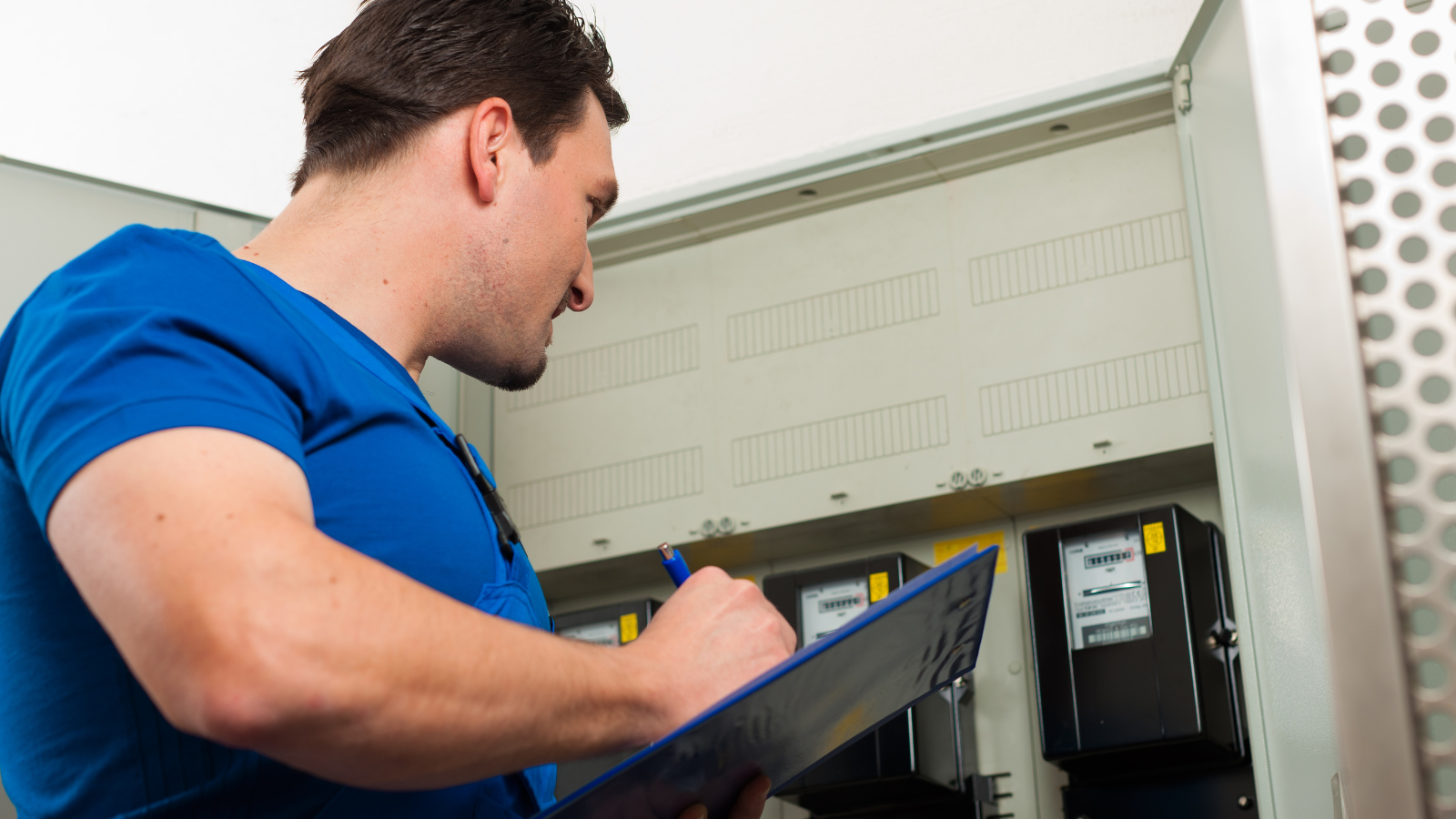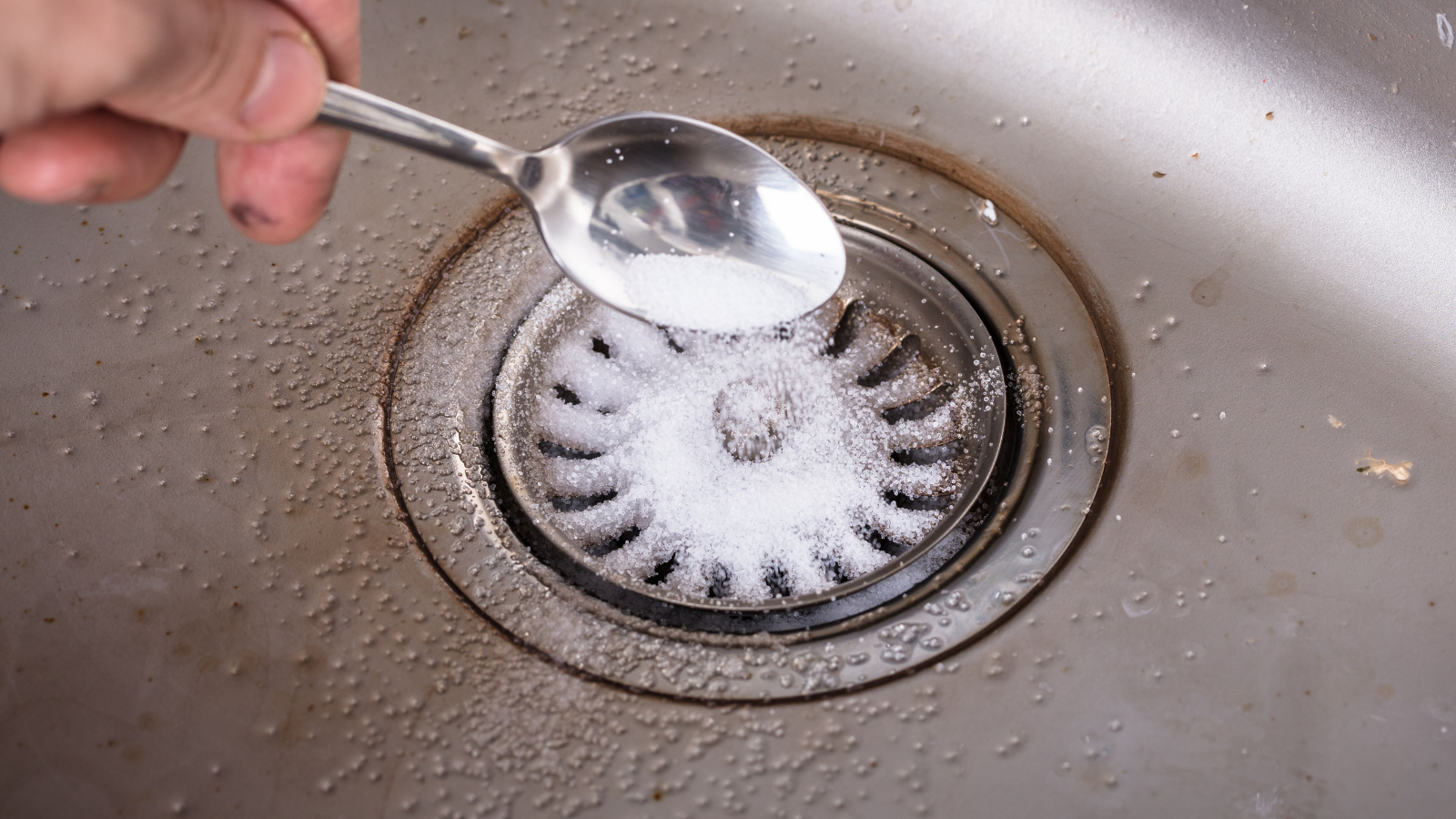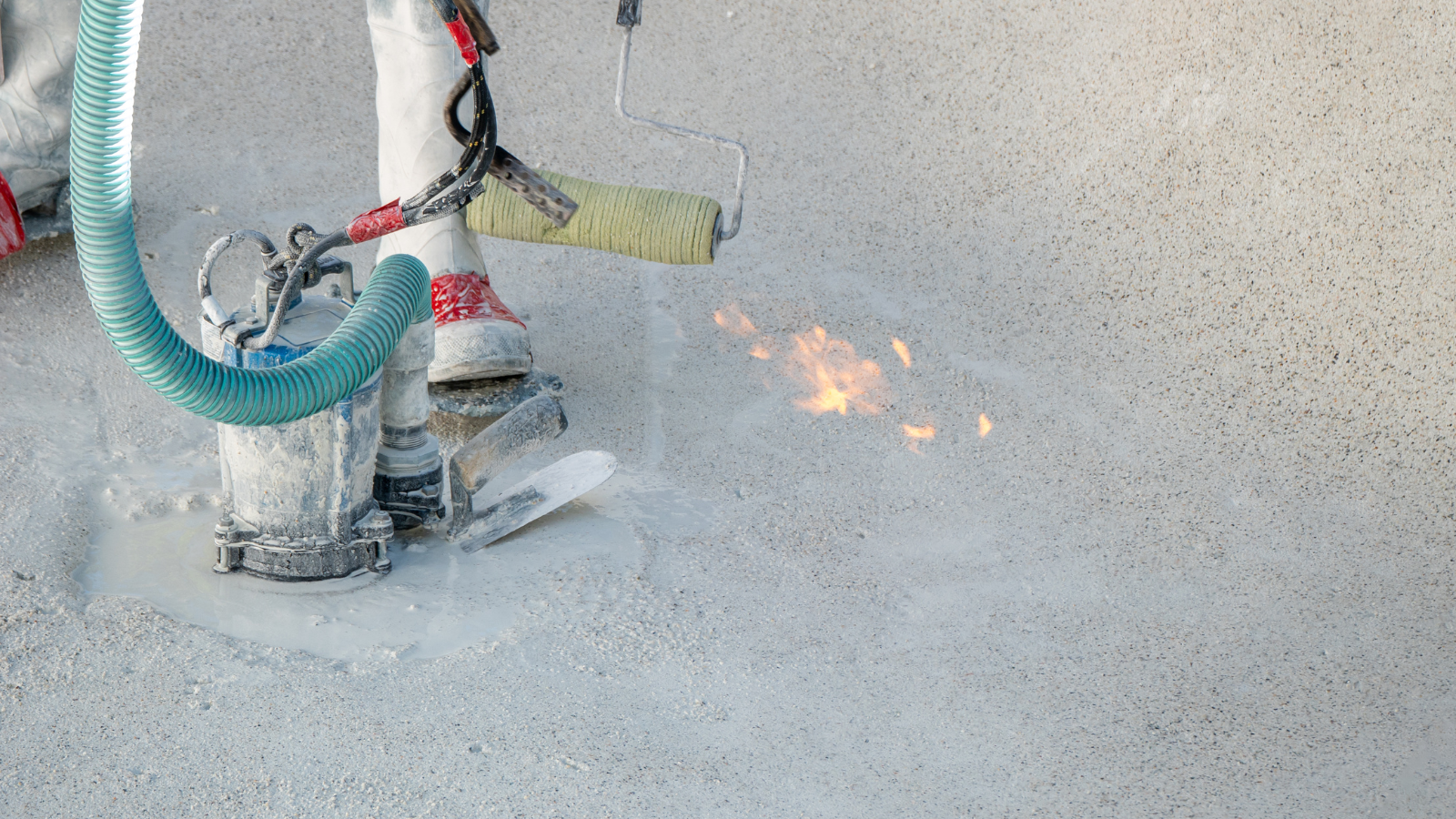Understanding how to read your water meter accurately and identifying unusual usage patterns are crucial for managing your water bills and minimizing waste. This in-depth guide will walk you through the essential steps to ensure precise readings and help you detect and address any potential issues with your water meter.
Key Takeaways
- Explore the factors that can affect your meter readings.
- Master the techniques for reading both residential and commercial water meters.
- Learn how to identify and resolve common meter problems.\
For dependable plumbing services, smart homeowners in West New York, New Jersey, and nearby areas choose West New York Plumber! Whether it’s a dripping faucet or a complete system overhaul, our expert plumbers have the skills to get the job done right.
Factors Affecting Water Meter Readings
Several elements can impact the accuracy of your water meter readings:
1. Leaks: Leaking pipes or fixtures can lead to higher water usage and inflated readings, resulting in increased water bills.
2. Meter Malfunction: Wear and tear, or damage to the meter, can compromise its accuracy and performance.
3. Seasonal Usage: Water consumption typically rises during peak seasons, such as summer, which can affect your meter readings.
4. Water Pressure Fluctuations: Variations in water pressure can impact the accuracy of your meter.
5. Human Error: Incorrect reading or recording of data can lead to discrepancies and errors in your water bill.
How to Read a Water Meter Correctly
1. Locate Your Meter: Water meters are usually found in basements, crawl spaces, or outside near the street.
2. Identify the Meter Type: Residential meters are generally either analog or digital. Analog meters feature dials, while digital meters display numbers.
3. Read the Meter:
- Analog Meters: Note the numbers on the dials from left to right, paying attention to the position of each hand.
- Digital Meters: Simply record the numbers shown on the screen.
4. Document the Reading: Maintain a log of the current meter reading and compare it with previous readings to monitor usage.
Reading a Commercial Water Meter: A Detailed Guide
Commercial meters can be more complex due to their size and type:
1. Understand the Meter Type: Commercial meters may be turbine, compound, or electromagnetic, each with unique characteristics.
2. Locate the Reading: The display might be on a dial or a digital screen, often with additional features compared to residential meters.
3. Follow Specific Instructions: Refer to the manufacturer’s manual or seek expert advice for accurate reading procedures.
4. Track and Compare: Regularly record and analyze readings against historical data to identify any anomalies.
How to Check If Your Water Meter Is Faulty
1. Look for Leaks: Check your home and surrounding areas for any signs of leaks.
2. Compare Bills: A significant increase in your water bill might indicate a problem with the meter.
3. Inspect the Meter: Look for visible damage or inconsistencies in the meter’s display.
4. Conduct a Test: Turn off all water sources and observe if the meter continues to move. Persistent movement could suggest a fault.
5. Consult a Professional: If you suspect a malfunction, contact your water utility provider or a professional plumber for a thorough inspection.
Ready to make a difference? Discover essential tips and strategies for water conservation to create a greener home!
FAQ
1. What should I do if I notice an unusual spike in water usage?
Check for leaks or faulty fixtures. If the issue persists, consult a plumber or contact your water utility provider.
2. How often should I read my water meter?
It’s recommended to check your meter monthly to monitor usage and catch any potential issues early.
3. Can I view my water meter reading online?
Many utilities offer online account management where you can view your water usage and meter readings.
4. What if my meter reading doesn’t match my bill?
Contact your water provider to investigate the discrepancy and correct any billing errors.
Conclusion
Regularly reading your water meter and being aware of unusual usage patterns are essential for effective water management. By mastering these practices and addressing potential problems, you can avoid unexpected costs and contribute to more responsible water use. If you have any uncertainties, consulting with professionals can ensure your meter operates accurately and reflects your true water consumption.




